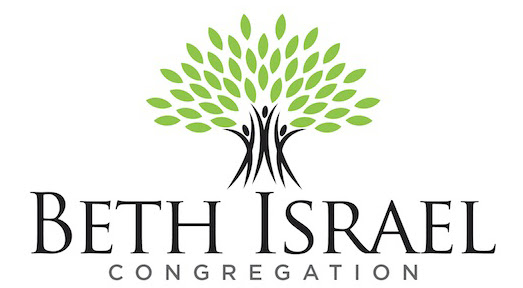Shavuot
שבועות (Shavuot), known as the Feast of Weeks, holds great significance as a Jewish holiday that occurs on the sixth day of the Hebrew month of Sivan. Its date varies between 14 May and 15 June in the Gregorian calendar.
Shavuot carries a dual meaning, symbolizing both the wheat harvest in the Land of Israel and the commemoration of the giving of the Torah by God to the entire nation of Israel at Mount Sinai.
As one of the three Biblical pilgrimage festivals, Shavuot holds a special place in Jewish tradition. Its timing is directly linked to that of Passover, as it marks the completion of the seven-week counting period known as the Omer, which begins on the second day of Passover.
The name Shavuot itself means “weeks,” signifying the culmination of the seven-week period of spiritual growth and preparation between Passover and Shavuot. It is a time when the Jewish people reflect on their journey from liberation to revelation.
Shavuot is celebrated with various customs and rituals. The night preceding Shavuot is dedicated to studying Torah, engaging in Tikkun Leil Shavuot, where individuals and communities come together for intensive study sessions. This reflects the commitment of the Jewish people to lifelong learning and the continued exploration of the Torah’s wisdom.
Another significant custom of Shavuot is the decoration of homes and synagogues with flowers and greenery, symbolizing the blossoming of nature and the abundance of the harvest season.
During the holiday, special synagogue services are held, where the Ten Commandments and other portions of the Torah are read, recalling the momentous event at Mount Sinai. It is a time of joy and gratitude for the gift of the Torah and its profound impact on Jewish life and identity.
As we celebrate Shavuot, let us embrace the lessons of the harvest and the receiving of the Torah. May it be a time of spiritual reflection, community unity, and a recommitment to the values and teachings of the Torah.
Chag Sameach! Happy Shavuot!

